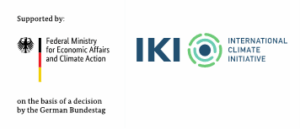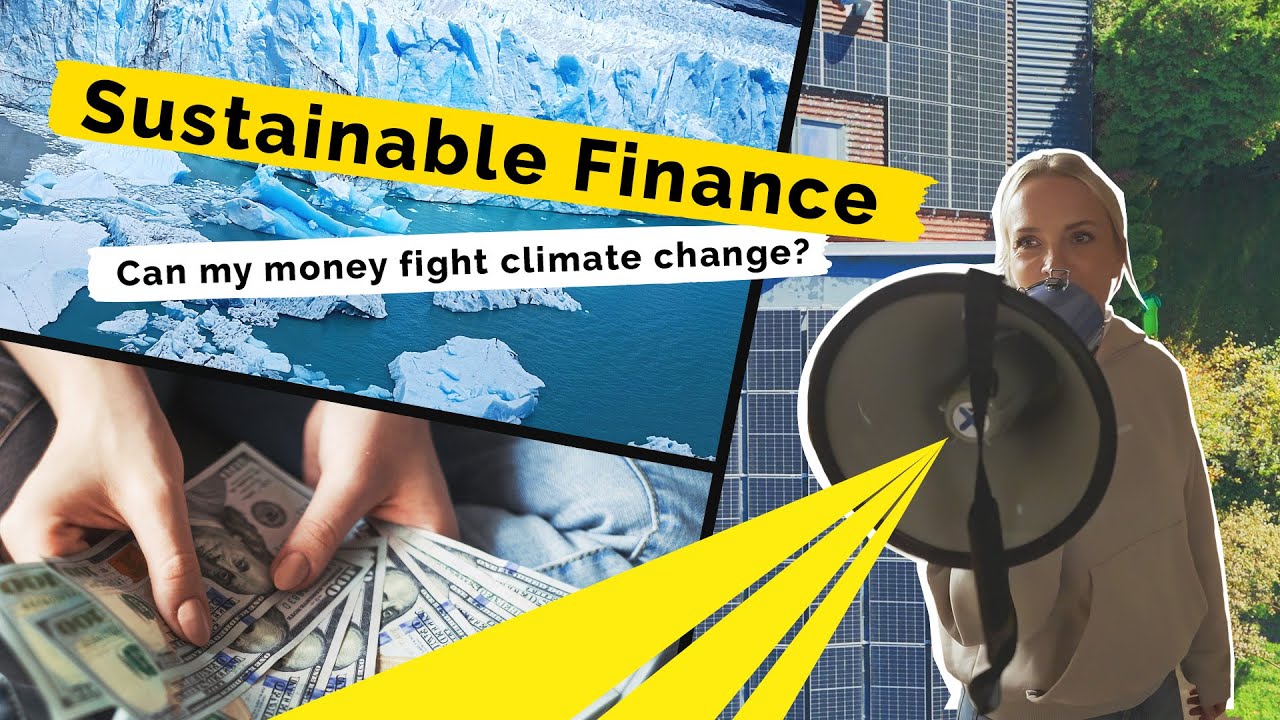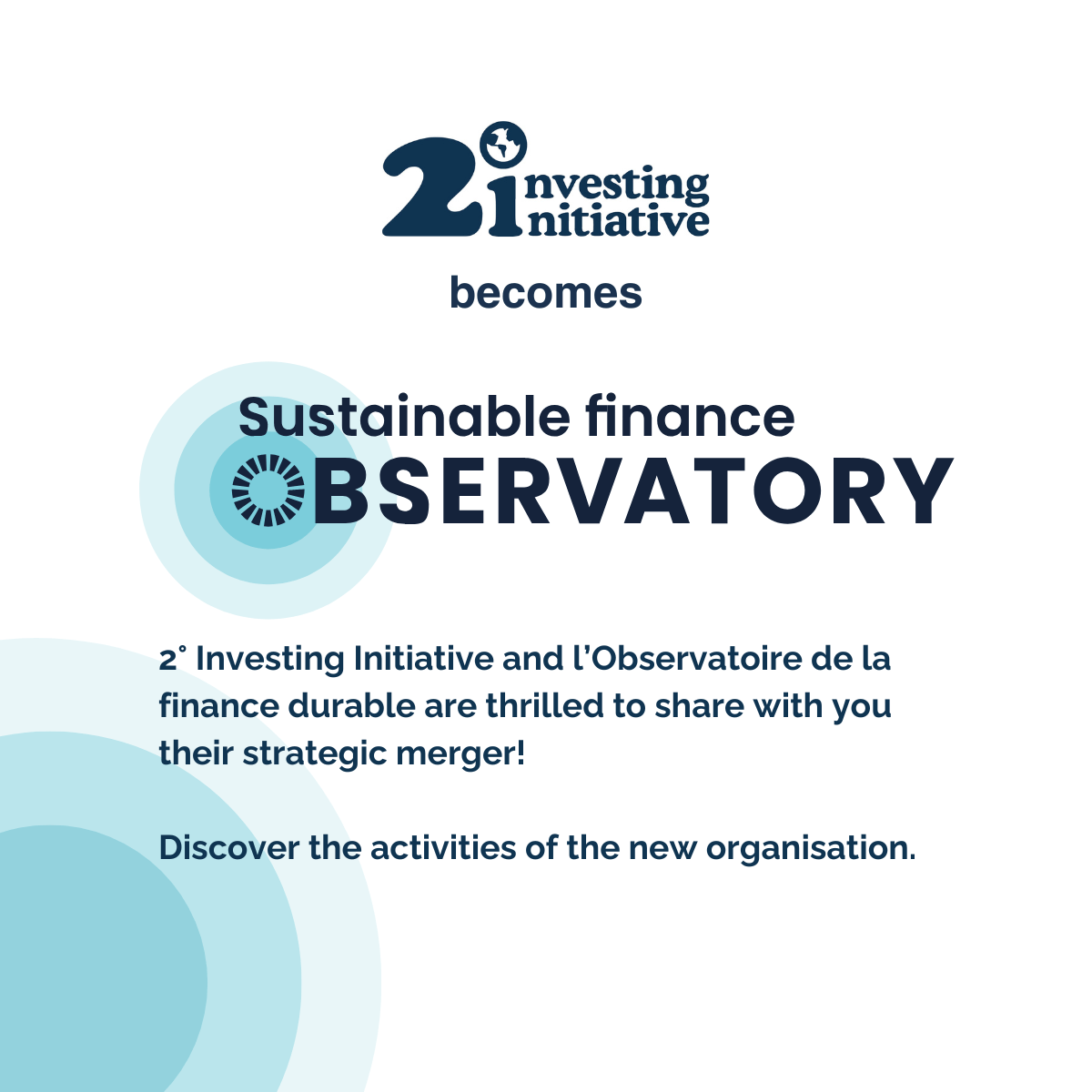The assessment was conducted using publicly available data on fund compositions, sourced from https://dados.cvm.gov.br, with a timestamp of December 2021.
The study encompassed the analysis of 5,385 funds’ portfolios, managed by 638 different asset managers based in Brazil, totaling approximately USD 150 billion in assets under management, comprising equities and corporate bonds.
One significant finding of the study is that the portfolios of Brazilian asset managers, as observed in the sample, exhibit a high level of concentration, with an average of 30% of equities and corporate bonds (AuM) allocated to climate-relevant sectors, while in other jurisdictions an average of 5% is usual.
On the downside, asset managers’ portfolios are highly exposed to assets that are likely to be phased out in the mid-term if climate change is effectively addressed, such as oil and gas, which are often referred to as stranded assets.
The study reveals a significant allocation of portfolios to climate-relevant sectors, surpassing the levels observed in other jurisdictions.
On average, Brazilian funds have allocated 10% of their portfolios to the fossil fuel sector. The power sector holds significant relevance in the composition of funds, accounting for 5% to 10% of total assets. When analyzing the volume production trajectory for renewable power in the next five years, it is evident that the portfolios of the Brazilian funds industry are misaligned across various asset types.
Brazil’s steel sector holds a prominent position in the global market, housing headquarters and production facilities for major steel-producing companies like Vale, Gerdau, and Usiminas. Given the sector’s significance to the overall economy, Brazilian funds have allocated between 10% to 40% of their equities portfolios to steel, which is considerably higher than the average allocation in other countries (typically around 3% of portfolios).
PACTA also provides individual interactive reports for each peer group of funds analyzed.
- Ações Indexados (ACIDX)
- Ações Ativo (ACAT)
- Ações ESG (ACESG)
- Multimercado Alocação (MLTA)
- Multimercado Estratégia (MLTE)
- Renda Fixa Crédito Privado (RFCP)
The study concluded with the following recommendations to the Brazilian financial authorities:
i) Invest in capacity building
ii) Implement complementary non-GHG metrics and standards
iii) Continuously monitor climate-related risks
iv) Encourage and unlock the potential for impact
About PACTA
Building off a vast climate-related financial database, the PACTA tool aggregates global forward-looking asset-based company data (such as the production plans of a manufacturing plant over the next five years), up to the parent company level. The tool then produces a customized, confidential output report, which allows investors to assess the overall alignment of their portfolios with various climate scenarios and with the Paris Agreement. This report is part of the PACTA Coordinated Projects (PACTA COP): our dedicated program in which we work together with individuals or groups of governments and supervisors to help them apply PACTA to the portfolios of their regulated entities.
Funders
This project has received funding from the German Agency for International Cooperation (GIZ) GmbH (as commissioned by the Government of the Federal Republic of Germany) under agreement n. 81279616. This document does not represent the opinion of the GIZ, and the GIZ is not responsible for any use that may be made of the information it contains.





